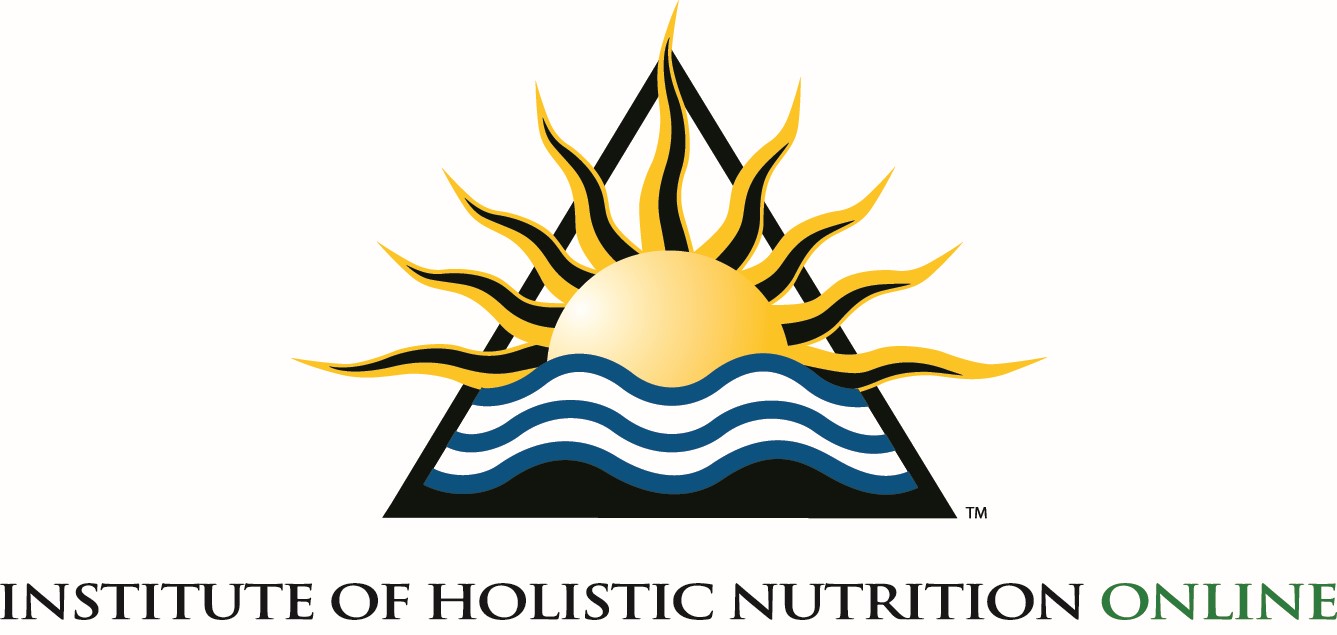
Jacqueline Steinert, BA (Hons), CNP
Department(s): Faculty
Jacqueline is a Certified Nutritional Practitioner from The Institute of Holistic Nutrition with First Class Distinction. Prior to her nutritional studies, she graduated with Honors from Harvard University majoring in Economics with a citation in French, where she privately tutored in economics and mentored youth in an outdoor wilderness program. She also earned her Basic Diploma from Le Cordon Bleu in Paris, a catalyst for her love for food.
Jacqueline has an extensive background in quantitative research, having worked at Investment Bank Goldman Sachs, & Co. in New York City in Investment Grade Credit Research. She has a diverse global background; her husband and her decided to relocate to Asia where they experienced a myriad of cultures and cuisines and eventually gave birth to their son. Through these worldly experiences, as well as working with families with children seeking sustainable healthful lifestyles, Jacqueline is excited to share her passion in empowering people with knowledge about nutrition with the IHN community.
Jacqueline runs a thriving private practice, JS Holistic Nutrition which works with families in specialties ranging from but not limited to childhood development, family meal preparation, hormonal health, inflammation, immunity, and allergies/sensitivities. She believes in the profound power of food to heal. She has been the Chair of Wellbeing at the Upper Canada College (UCC) Prep School and an active member on the Nutrition Committee at UCC. She regularly presents as well, teaching children about the importance of sound nutrition at a young age. Jacqueline teaches Advanced Nutrition Research, Comparative Diets, Nutritional Pathology, and Nutrition Through the Lifespan at Institute of Holistic Nutrition’s Online Program.
